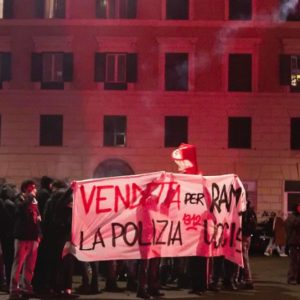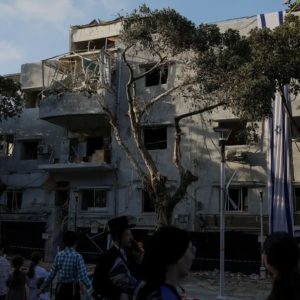Italy witnessed widespread protests over the weekend, prompting the government to push for swift approval of the contentious Security Bill. This legislation, central to Prime Minister Giorgia Meloni’s agenda, has sharply divided the opposition, the Council of Europe, and groups representing victims of mafia and terrorist attacks.
Protests held in Rome and Bologna were organised in memory of Ramy, a young man killed during a police chase in Milan. The demonstrations triggered strong responses from government leaders.
Prime Minister Meloni condemned the events as “shameful,” while Defence Minister Giuseppe Crosetto called for stronger protections for law enforcement. Deputy Prime Minister Matteo Salvini denounced the protesters, labelling them “red criminals” and accusing them of attacking the police.
Security Bill Provisions
The Security Bill, already passed by the lower house, returned to the Senate for debate on Monday. Key measures include:
- Tougher penalties for property damage during protests.
- Urban banning orders for individuals accused or convicted of offences during demonstrations.
- Prison sentences of six months to two years for organising sit-ins that disrupt transport routes.
The bill also contains significant provisions for law enforcement, such as:
- Allowing certain weapons to be carried off-duty without a licence.
- Covering up to €10,000 in legal costs for officers facing action for on-duty decisions.
- Introducing severe penalties for causing bodily harm to officers.
One of the most debated aspects of the bill is the extension of powers for Italy’s secret services. Agents would be allowed to commit certain crimes, including involvement in terrorist organisations, if justified by national security concerns. This provision has drawn criticism from associations representing victims of mafia and terrorism.
International and Domestic Criticism
Council of Europe Commissioner for Human Rights Michael O’Flaherty expressed concerns in a letter to Senate President Ignazio La Russa. Sent on 20 December, the letter argued that some bill provisions conflict with European human rights standards, particularly concerning protesters, detainees, environmental activists, and migrants.
O’Flaherty highlighted vague offences punishable by severe prison terms, such as non-violent protests blocking traffic or passive resistance in detention centres. He warned these could lead to “arbitrary and disproportionate applications,” stifling freedom of expression and peaceful assembly.
There have been demonstrations in Italy against the Security Bill.





